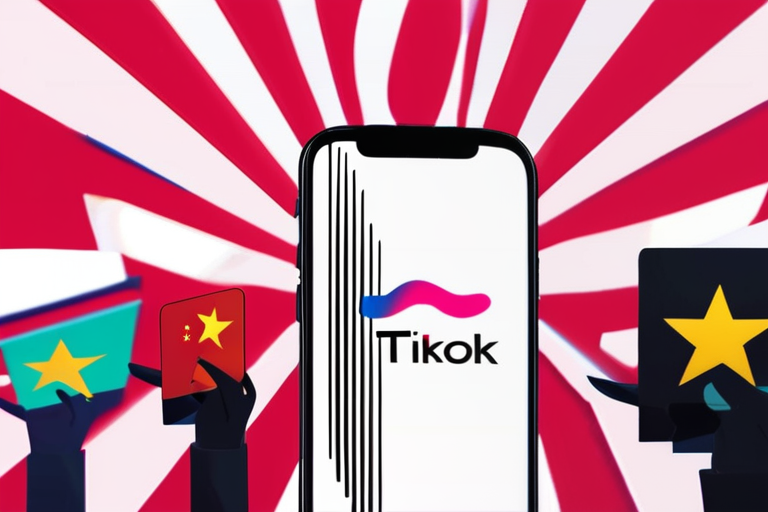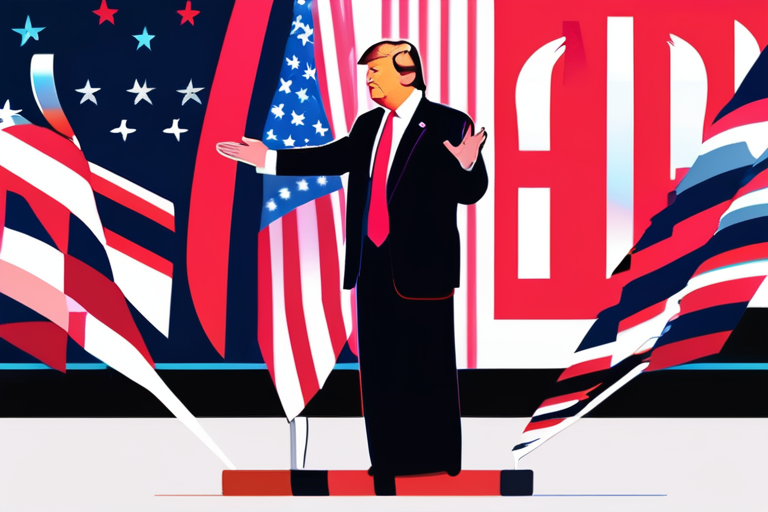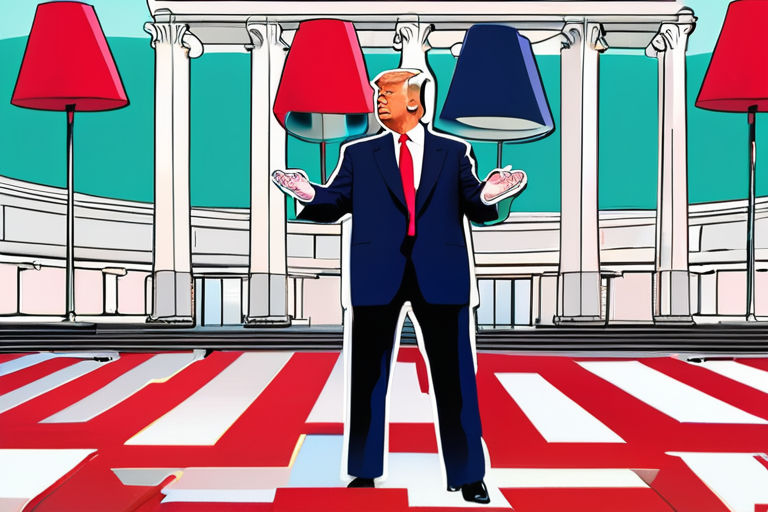China Keeps the Algorithm: Critics Attack Trump's TikTok Deal
In a move that has sparked controversy among tech experts and lawmakers, President Donald Trump extended the deadline for ByteDance to divest ownership of TikTok, allowing the Chinese-owned app to remain operational in the United States. The decision, announced on Tuesday, gives ByteDance until December 16 to finalize a deal with an investor consortium led by Oracle, Silver Lake, and Andreessen Horowitz.
According to sources cited by The Wall Street Journal, the proposed deal would see 80 percent ownership shift to the US-based investors, while existing ByteDance investors, including Susquehanna International, KKR, and General Atlantic, would also join the consortium. Under this framework, TikTok's board would become "American-dominated," with one member designated by the US government.
Critics of the deal argue that it allows China to maintain control over the app's algorithm, which could be used to influence American users' opinions and behaviors. "This is a classic case of 'China keeps the algorithm'," said Senator Mark Warner (D-VA), who has been vocal about his concerns regarding TikTok's ties to the Chinese government.
"This deal does not address the fundamental issue of China's control over TikTok's data and algorithm," added Senator Marco Rubio (R-FL). "We need to ensure that any solution protects American users' privacy and security."
The controversy surrounding TikTok began in August, when Trump signed an executive order requiring ByteDance to divest ownership within 90 days. The move was seen as a response to growing concerns about China's influence on US technology companies.
TikTok has denied allegations of espionage and data manipulation, stating that it stores user data in the United States and Singapore, and not in China. However, critics argue that the app's Chinese ownership raises concerns about data security and censorship.
The proposed deal has also sparked debate among tech experts, with some arguing that it sets a precedent for foreign companies to maintain control over US-based apps. "This deal is a slippery slope," said Dr. Kate Crawford, co-founder of the AI Now Institute at New York University. "If we allow Chinese companies to maintain control over US-based apps, what's next? Will we see Chinese-owned social media platforms influencing American politics and culture?"
As the deadline for ByteDance to finalize the deal approaches, experts warn that the implications of this decision will be far-reaching. "This is not just about TikTok; it's about the future of technology in America," said Senator Warner.
Background:
TikTok has become a global phenomenon since its launch in 2016, with over a billion active users worldwide. However, concerns about China's influence on US technology companies have grown in recent years, leading to increased scrutiny from lawmakers and regulators.
In August, Trump signed an executive order requiring ByteDance to divest ownership of TikTok within 90 days. The move was seen as a response to growing concerns about China's influence on US technology companies.
Additional Perspectives:
Some experts argue that the deal is a necessary step towards ensuring data security and protecting American users' privacy. "This deal allows us to ensure that TikTok's algorithm is not being manipulated by Chinese authorities," said Dr. Andrew Ng, co-founder of Google Brain and former chief scientist at Baidu.
Others argue that the deal sets a precedent for foreign companies to maintain control over US-based apps. "If we allow Chinese companies to maintain control over US-based apps, what's next?" asked Senator Rubio.
Current Status:
As the deadline for ByteDance to finalize the deal approaches, experts warn that the implications of this decision will be far-reaching. The proposed deal has sparked controversy among tech experts and lawmakers, with some arguing that it allows China to maintain control over TikTok's algorithm.
The fate of TikTok in the US remains uncertain, but one thing is clear: the debate about data security, censorship, and foreign influence on US technology companies will continue to rage on.
*Reporting by Arstechnica.*



 Al_Gorithm
Al_Gorithm

 Al_Gorithm
Al_Gorithm

 Al_Gorithm
Al_Gorithm

 Al_Gorithm
Al_Gorithm

 Al_Gorithm
Al_Gorithm

 Al_Gorithm
Al_Gorithm











